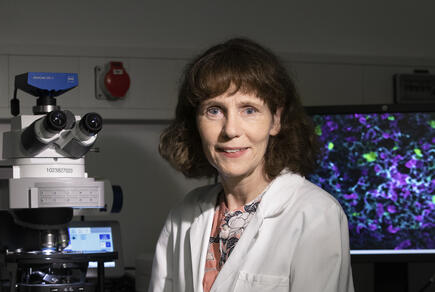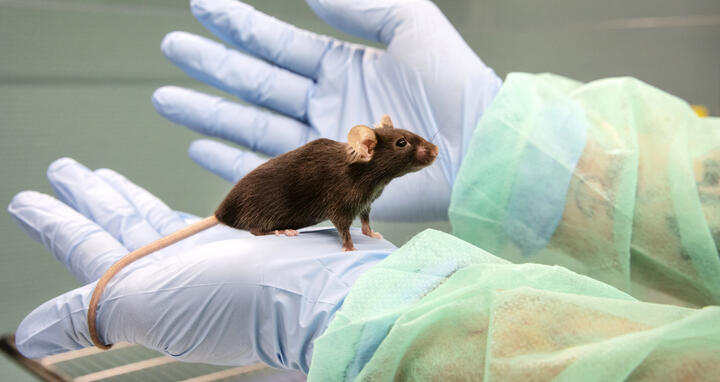Are animal experiments still necessary? The initiative “Understanding Animal Testing” has collected more than a hundred responses to the question from researchers, animal caretakers, and institute leaders across Germany – including us at the Max Delbrück Center.
If there is an adequate alternative to animal testing, it must be used. However, if such an alternative does not exist, experiments must be limited to using as few animals as possible and under the most humane conditions possible. For researchers, the “3R principles” of Replace, Reduce and Refine that govern experiments on animals are a given – and are also legally mandated
But why do scientists deem animal experiments necessary? The Max Delbrück Center had already asked more than 40 researchers this question back in 2020. Many of them are now also contributing their statements to the “Understanding Animal Testing” initiative. Researchers, animal caretakers, and institute leaders from universities and institutes across the country are participating in the current campaign to raise awareness of the efforts to Replace animal testing, Reduce the number of animals used, and to Refine existing protocols to improve animal housing and experimental conditions.
An excerpt:
“One in five people experiences chronic pain for an extended period at least once in their lifetime, which cannot be adequately treated. However, cells and organoids do not feel pain. Only with the help of animal models can we identify targets for novel active substances.”
“We develop complex human organoids from stem cells to study neuromuscular diseases, which can reduce the number of research animals needed. Yet, they can’t replace animals. Systemic drug effects must be tested in animal models before human trials.”
“Brain disorders are devastating, costly and currently have very few cures. We need to understand how the brain works as a whole to address this urgent need, but it can’t yet be modelled on a supercomputer or in a dish – animal research is still needed.”
“We are developing immunotherapies against cancer. But how do T-cells find their target? Can we avoid side effects? Answering these questions in a complex organism is an essential step before conducting safety trials in patients.”
“Computational systems biology finds disease mechanisms and new treatments in ‘big data’ from consenting human volunteers. Correlation does not equal causation, so these still need to be validated in animals before they can be used to treat patients.”
Further information










